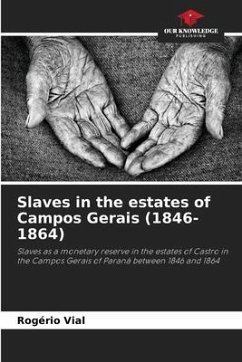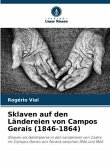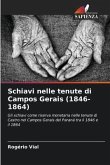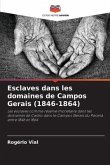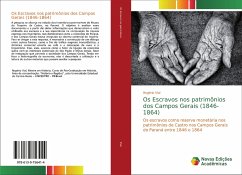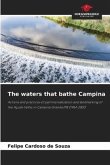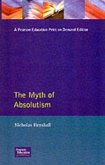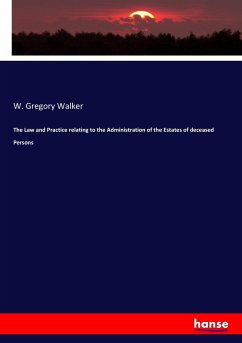The research is based on the study of the post-mortem inventories of the Castro Trooper Museum in Paraná. The aim is to analyse these documents and, from there, obtain information that demonstrates the value attributed to slaves and their importance in the composition of the wealth expressed in the inventories. This will show how the economy of Paraná and the Campos Gerais was integrated into the Empire's commercial system. In order to arrive at this answer, it is necessary to build a dialogue between other factors, such as the end of the transatlantic slave trade, the commercial dynamics surrounding coffee and gold mining, and tropeirismo. This, in fact, appears to be the factor linking the southern economy with the commercial interests of São Paulo and Minas Gerais, an integrating factor that permeates the society of Campos Gerais. Focussing on economic historiography, the use and reading of other materials that can help the research is not ruled out.
Bitte wählen Sie Ihr Anliegen aus.
Rechnungen
Retourenschein anfordern
Bestellstatus
Storno

